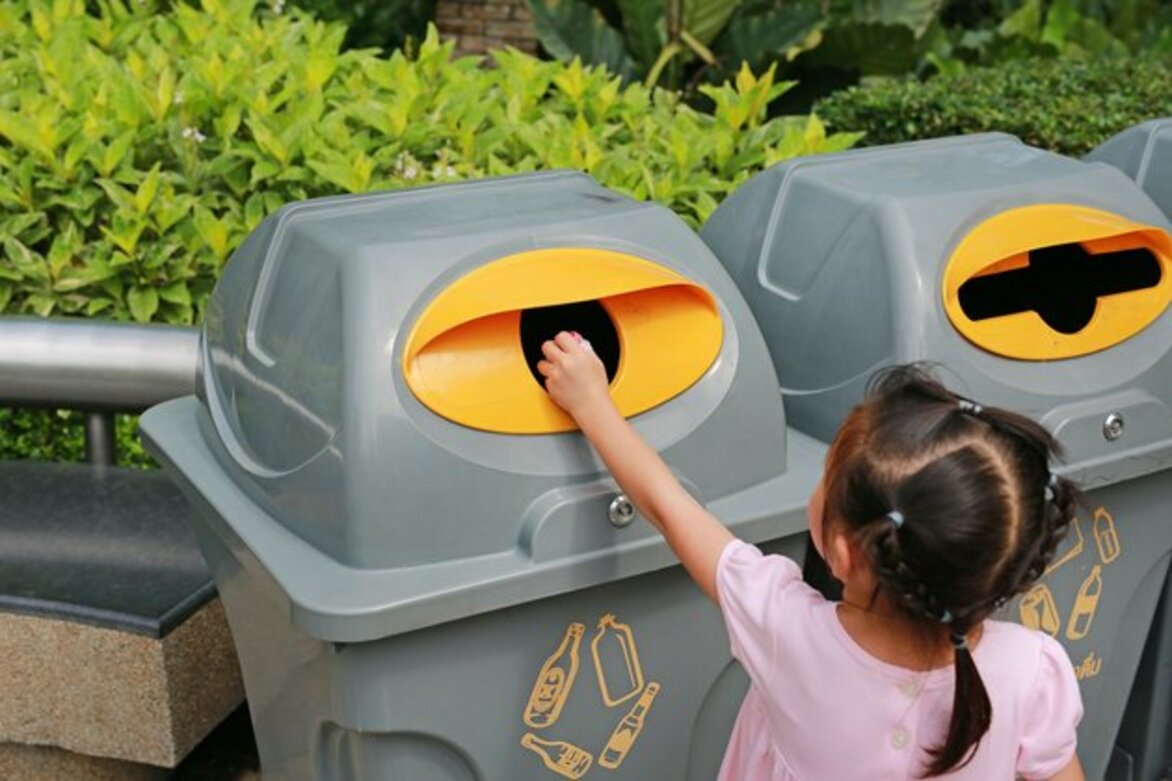Curious Kids: where does our rubbish go?
The Conversation
02 Jun 2023

Where does our rubbish go? - Tsubame, aged nine, London, UK
Modern life causes lots of different types of rubbish. It comes from households, hospitals, schools, farming, shops, offices, industry and building projects. Just the rubbish from our homes can include food, packaging, plastics, metals, glass, paper, furniture, clothes, shoes, electronics, broken toys and garden wastes.
We produce billions of tonnes of rubbish every year, and we need to manage it carefully to protect human health and our environment. Waste is managed in many different ways across our planet.
Curious Kids is a series by The Conversation that gives children the chance to have their questions about the world answered by experts. If you have a question you'd like an expert to answer, send it to curiouskids@theconversation.com and make sure you include the asker's first name, age and town or city. We won't be able to answer every question, but we'll do our very best.
A way of thinking about how we get rid of our rubbish is called the waste hierarchy. It puts the different ways we deal with waste in order of preference, from the worst ways - such as burning rubbish - at the bottom of the hierarchy, to the best ways at the top.
At the bottom
The bottom of the hierarchy is waste disposal. This means getting rid of rubbish without trying to use it or turn it in to something else.
One way of doing this is to put rubbish in an open dumpsite. This is land where people tip solid or liquid waste with no treatment or pollution control. Dumpsites like this take 40% of the world's rubbish. But open dumpsites have bad impacts on the environment. They produce gases that lead to climate change, and they can make people ill. There is a plan to close all open dumpsites.
Another way is to use landfill - putting rubbish in a hole or heap that has been designed to safely hold rubbish. Landfill sites are carefully built to stop liquid pollutants and gases escaping. Landfill gas can be very dangerous. When a landfill is full, it is safely covered with soil and can be used to make parks or sports pitches.
You may be surprised to know that we used to dump rubbish in our oceans. This is now banned, but lots of plastic rubbish still gets into our oceans, killing marine birds and animals.
Another way to get rid of rubbish is to burn it, which can produce energy. People worry about burning rubbish because incinerators may release nasty harmful pollutants into the air. In some places, the gases are cleaned before they are released.
Composting is another way of getting something useful out of rubbish. It turns waste food into compost, which we can use in gardens and on farms to improve the soil.
In the middle
In the middle of the hierarchy is recycling. This means collecting materials in rubbish, such as plastic, paper, metal or glass, and using them to make new products.
Rubbish that can be recycled is collected from our homes in special boxes or wheeled bins. It is then transported to a recycling centre where it is sorted into the various materials. The next steps depend on what is being recycled.
For example, glass is recycled by melting the jars and bottles being recycled. The melted glass can then be used to make new glass objects. Paper cannot be melted and so it is broken into smaller pieces. It is then mixed with water, and this mix is used to make new sheets of paper.
The best approach
The best ways to deal with rubbish are reuse and prevention.
Reuse means using something again instead of throwing it away. For instance, instead of putting a jumper you don't like in the bin, you could give it to a friend or take it to a charity shop.
Reuse was very popular when people didn't have much money, and it is becoming popular again to save money and improve our environment. There is an increasing interest in activities such as "swap shops" where people swap items they don't want for items they would like. Lots of people use the internet to donate things to charity or buy and sell secondhand items.
Waste prevention means doing things to stop rubbish being created in the first place - such as using cutlery you can wash and use again instead of a disposable plastic fork or spoon.
So there are lots of ways to manage rubbish - and we need to focus on waste prevention, reuse and recycling to protect and improve the environment.
Author: Ian Williams - Professor of Applied Environmental Science, University of Southampton 
